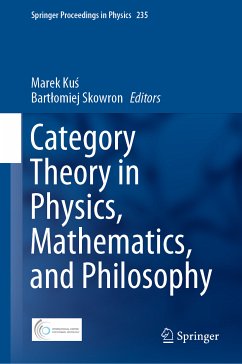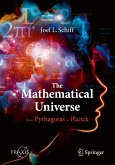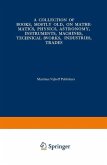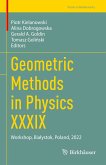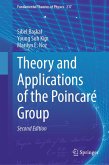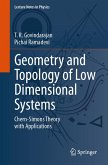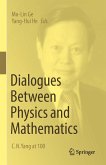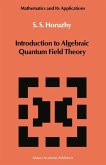The contributions gathered here demonstrate how categorical ontology can provide a basis for linking three important basic sciences: mathematics, physics, and philosophy. Category theory is a new formal ontology that shifts the main focus from objects to processes.
The book approaches formal ontology in the original sense put forward by the philosopher Edmund Husserl, namely as a science that deals with entities that can be exemplified in all spheres and domains of reality. It is a dynamic, processual, and non-substantial ontology in which all entities can be treated as transformations, and in which objects are merely the sources and aims of these transformations.
Thus, in a rather surprising way, when employed as a formal ontology, category theory can unite seemingly disparate disciplines in contemporary science and the humanities, such as physics, mathematics and philosophy, but also computer and complex systems science.
Dieser Download kann aus rechtlichen Gründen nur mit Rechnungsadresse in A, B, BG, CY, CZ, D, DK, EW, E, FIN, F, GR, HR, H, IRL, I, LT, L, LR, M, NL, PL, P, R, S, SLO, SK ausgeliefert werden.

